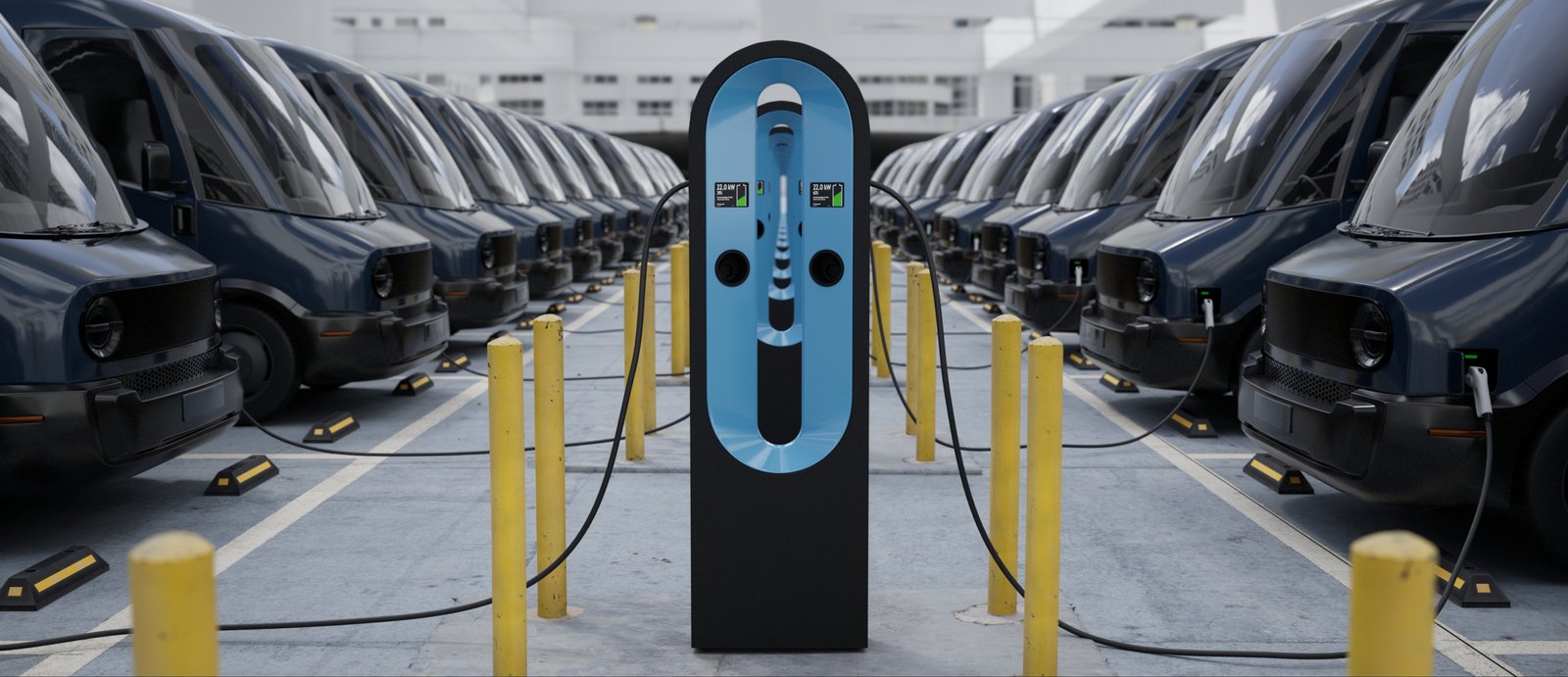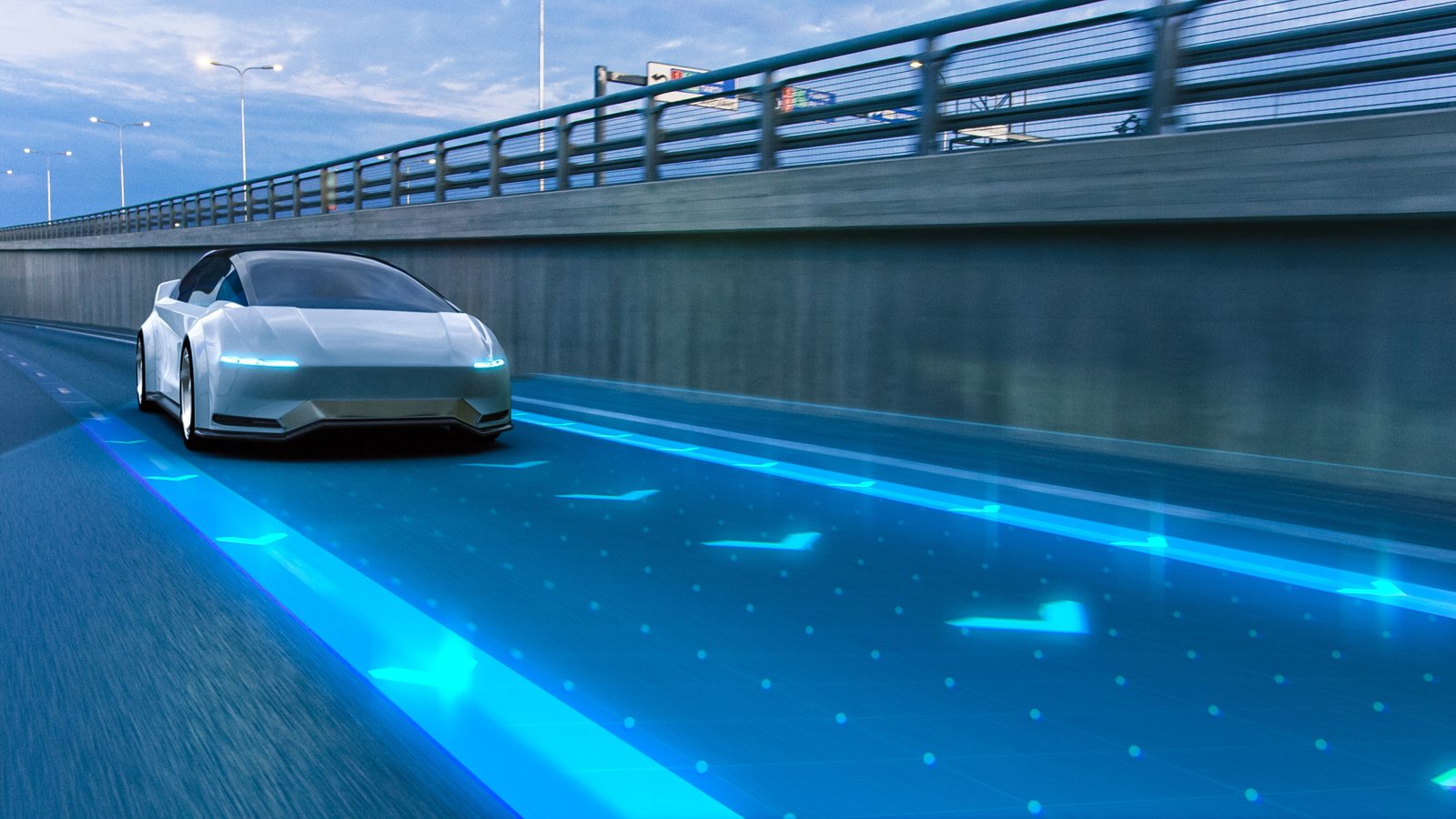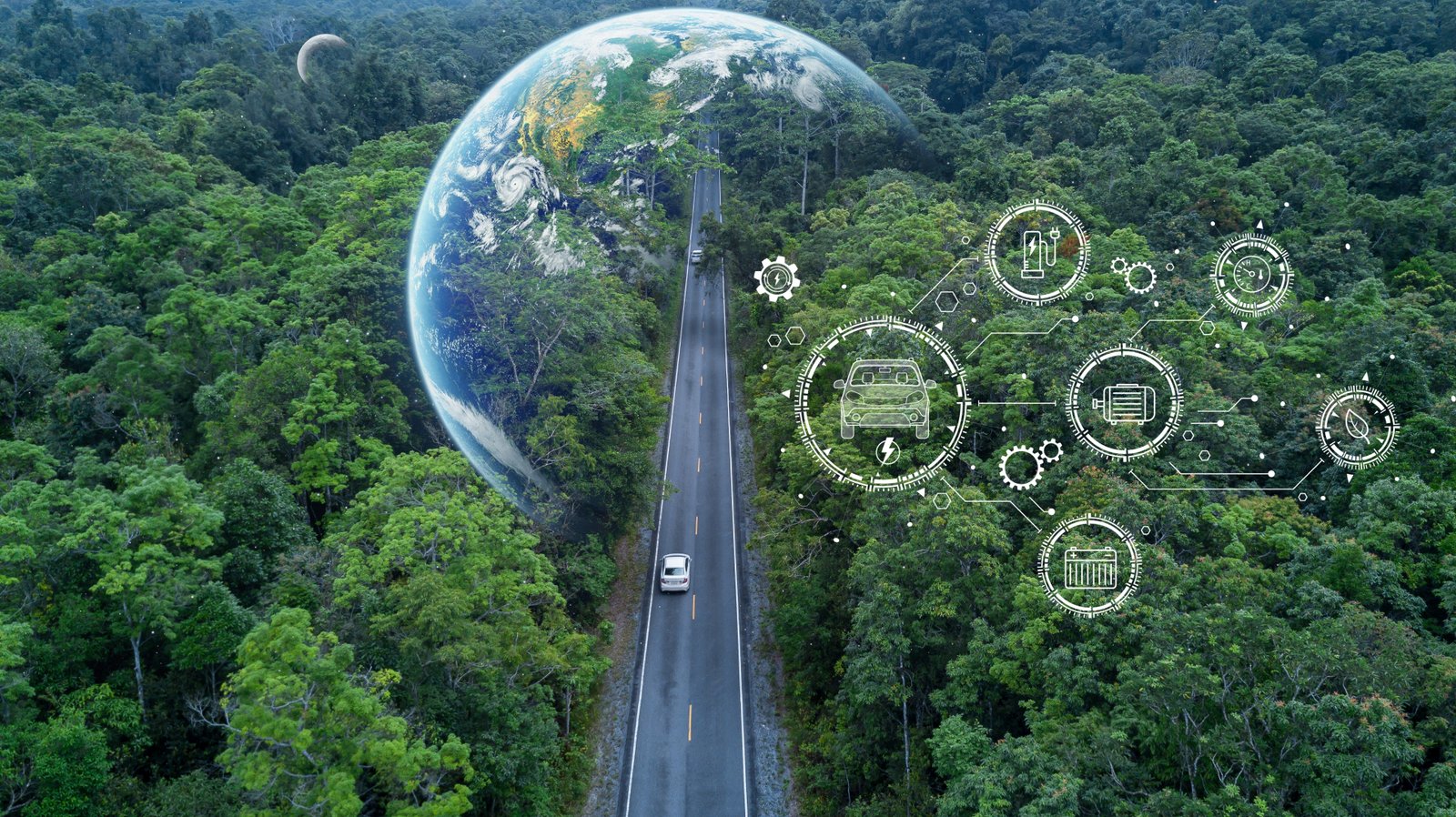Pioneering the Circular Economy:
The United Arab Emirates stands as a beacon of innovation and commitment in the transition towards a circular economy. The nation has actively engaged both public and private sectors under the leadership of the Ministry of Climate Change and Environment and the Circular Economy Council. These stakeholders have been instrumental in adopting and implementing a wide array of initiatives that signify a paradigm shift from a linear to a regenerative economic model. This transition is not just a leap towards sustainability but also showcases the UAE's commitment to innovative economic models, positioning the nation as a global leader in circular economic practices.
Automotive Industry's Stride Towards Emission Reduction:
In the realm of reducing emissions, the UAE's automobile industry has taken significant strides. A commendable focus has been on remanufacturing, where car parts and even entire automotive systems are given a new lease of life. The UAE has established automotive remanufacturing plants, ensuring that vehicles are not merely discarded at the end of their life but are instead refurbished and recycled. This not only contributes to reducing waste but also significantly cuts down on the carbon footprint associated with producing new automotive parts and vehicles. Such initiatives underscore the UAE's commitment to reducing emissions in one of the most challenging sectors when it comes to carbon footprint.
Regeneration Efforts
Renewable Energy and Materials: UAE has expanded its renewable solar energy capacity, converting landfill sites into solar farms, and developing green hydrogen projects. It has also innovated in creating local and renewable alternatives to plastic.
Ecosystem Health: Measures include recharging aquifers, capturing carbon, and revitalizing ecosystems like coral, mangroves, and seagrasses. The UAE is also involved in global initiatives like planting 1 billion trees and developing nature-based solutions.
Resource Sharing and Optimization
Shared Access Models: Provision of services like cooling, energy optimization, and access to cars, books, and toys on a rental basis, promoting access over ownership. Optimizing Resources: Implementing AI and digital platforms for industrial symbiosis, improving lifecycle management of products, and designing for deconstruction to reduce waste.
Closing the Loop
Upcycling and Repurposing: Upcycling waste into furniture, sustainable materials, and even food. Converting waste oil into biodiesel and using by-products from various productions beneficially.
Recycling and Reusing: Developing facilities for recycling plastic, electronic waste, and increasing capacity for manufacturing recycled paper and other materials.
Virtualization and Exchange
Digital Integration: Adopting remote and hybrid working models, going paperless, and holding virtual events.
Material and Technology Exchange: Utilizing 3D printing for construction, adopting electric vehicles, and using life cycle assessment tools for environmental impact reduction.




